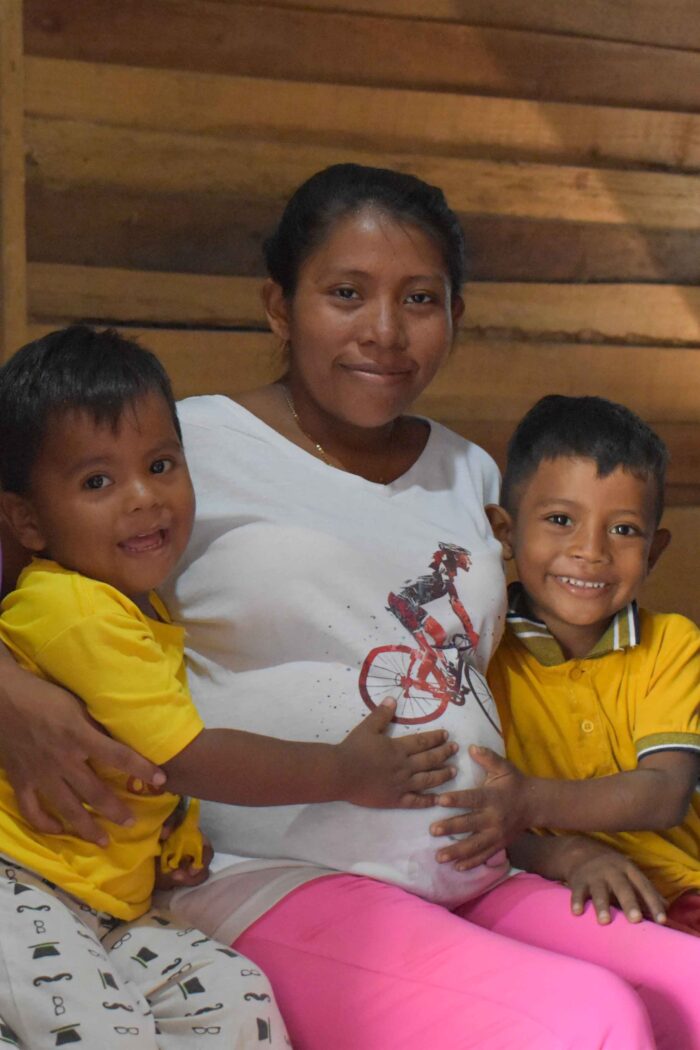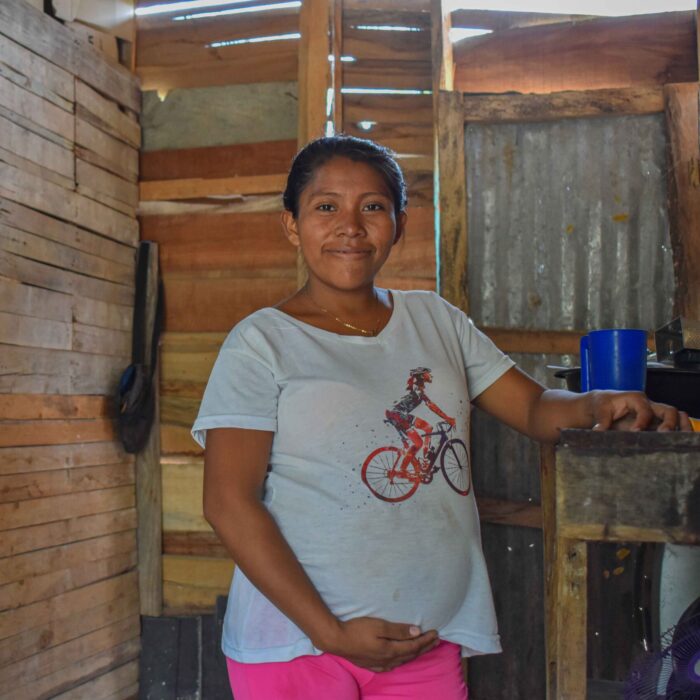Bridging the Gap: How MI Americas is Providing Life-saving Prenatal Care to Mothers in Colombia
As political and economic instability continues to drive migration from Venezuela, thousands of pregnant women are coming to Colombia with their families in search of a better future. However, many experience harsh conditions upon arrival. They are unable to access essential health and prenatal services, placing both their well-being and that of their unborn children at risk. 
Inability to access health services due to lack of documentation has left a significant number of expectant mothers without access to the care they need. To address this gap, a specialized prenatal care program has been launched in northern Colombia, providing medical support to women experiencing high-risk pregnancies.
MI Americas’ program operates in two departments near the Colombia-Venezuela border, offering free medical consultations and early identification of potential pregnancy complications. The program aims to ensure that these women receive necessary medical attention for a safe and healthy pregnancy. For young women like Elisa, a Venezuelan migrant, the initiative has been life-changing. Expecting her third child, Elisa had not received any medical attention since learning she was pregnant.
“I was surprised when the medical professionals came directly to my home,” she recalled. “I received wonderful care that gave me peace of mind.”
At 26 weeks pregnant, Elisa was underweight. She was enrolled in the program and has since been receiving comprehensive, no-cost prenatal care. A home-based assessment, part of the program’s community outreach, identified her risks early, enabling timely medical intervention.
Funded by the German Federal Foreign Office (GFFO), MI Americas’ program is designed to support communities with high levels of social vulnerability. Many of the women we serve not only lack access to health services, but also struggle with malnutrition, limited clean water, and exposure to environmental hazards, all factors that significantly increase the risk of pregnancy complications.

Over the past year, MI Americas has delivered prenatal care to more than 500 mothers in the Magdalena department, a region significantly impacted by the influx of Venezuelan migrants. Alongside medical support, over 1,000 food kits were distributed to underweight expectant mothers, improving nutritional health and helping to reduce the risks of maternal and infant mortality. The program also included educational sessions on prenatal care and breastfeeding to further support maternal health.
Beyond physical health, the program incorporates psychological support, recognizing that many pregnant women in these circumstances experience high levels of stress and anxiety. Elisa, who described feeling overwhelmed and hopeless before joining the program, received counseling to help her manage her emotional well-being.
“I was crying almost every night. I couldn't eat, I felt like there was no solution,” she admitted. Now, she awaits the birth of her child with greater peace of mind.
Through initiatives like MI Americas’ prenatal care program, vulnerable migrant women are receiving the critical medical and emotional support they need for a healthier future.